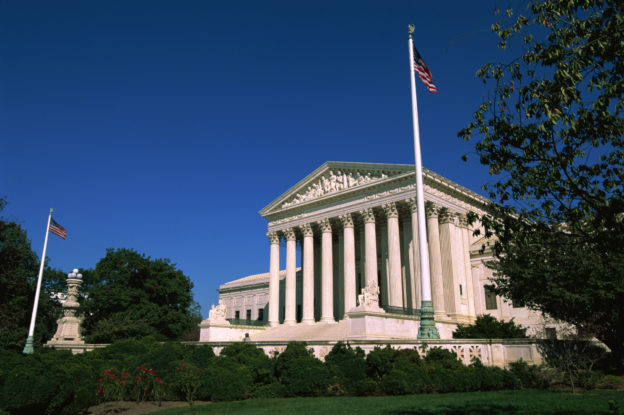
Mark Wiletsky
Companies routinely use separation agreements with departing employees. Through those agreements, the employee receives some type of separation benefit (typically a payment or severance) in exchange for waiving and releasing any potential claims against the company.
The goal is to avoid an existing or potential dispute, claim, or lawsuit. But if companies don’t routinely review and update those agreements, they risk the agreement being challenged or invalidated. Even worse, companies are sometimes investigated and forced to pay fines or penalties for provisions in the agreements. A recent settlement announced by the Securities and Exchange Commission (SEC) provides a strong reminder to employers to regularly review and update agreements used with employees.
Facts
On September 19, 2023, the SEC announced a settlement with a real estate services firm. According to the announcement, the company violated the SEC’s whistleblower protection rule with separation agreements it used between 2011 and 2022. The agreements contained a common provision: Employees had to affirm they hadn’t filed a complaint about the company with any state or federal court or local, state, or federal agency. These types of representations are typically included in separation or settlement agreements to ensure that any pending complaint or charge is resolved in conjunction with the separation or settlement agreement. Read more













